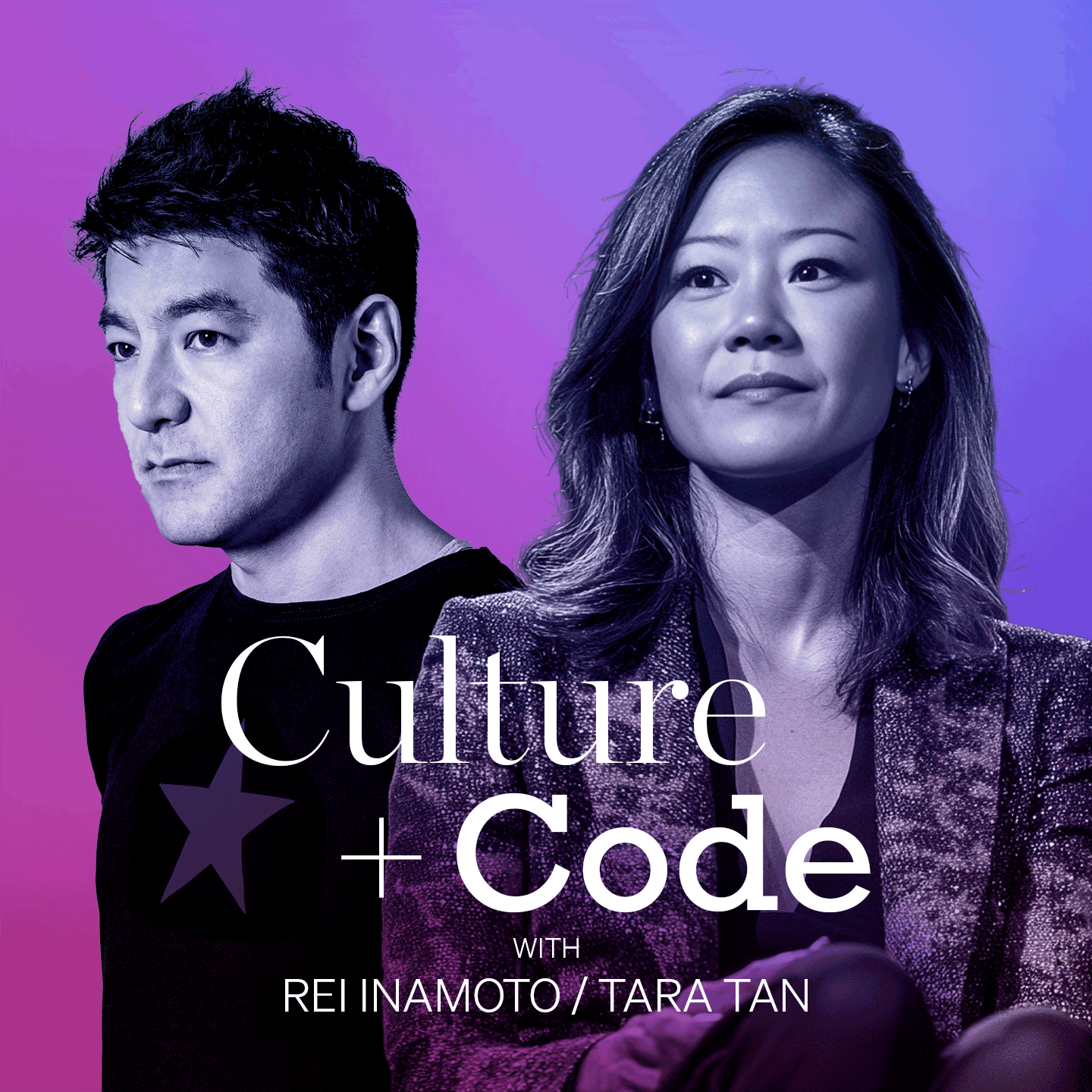What We Can Learn about Relatability from Kpop Demon Hunters and Labubu
In this episode of Culture and Code, Rei and Tara discuss the recent popularity of fictional characters like K-Pop Demon Hunters and Labubu and what we can learn about relatability and escapism.
They explore the concept of escapism and its appeal through multidimensionality and contradiction, making these characters relatable. The conversation delves into the unexpected success of K-Pop Demon Hunters on Netflix, the strategic missteps by Sony, and how modern brands could leverage multidimensionality in their narratives.
Key Takeaways
Sony’s misstep and Netflix’s luck
- Sony’s $100M misstep and Netflix’s $20M investment
- Kpop Demon Hunters to become the No.1 hit of all time for Netflix
- Netflix wins with experimentation, not bets
Multidimensionality of Characters
- Contradictions make characters relatable
- Emotional depth appeals across ages
Escapism vs. Relatability
- Fantasy works best when grounded in truth
- Audiences crave layered, imperfect personas
- Tension drives authenticity and interest
- AI will reshape how stories are tested and scaled
Resources Mentioned
- Kpop Demon Hunters (Netflix)
- Labubu (Pop Mart)
- Why escapism is the new marketing currency (Vogue Business)
-----
About the Hosts
Rei Inamoto
Creative entrepreneur and founding partner of I&CO, a global innovation firm with offices in New York, Tokyo, and Singapore.
- Rei's LinkedIn
- Newsletter "The Intersection"
- Rei's global innovation firm I&CO
Tara Tan
Managing partner of Strange Ventures, an early-stage firm investing in the future of computing.
- Tara's LinkedIn
- Newsletter "The Strange Review"
- Tara's VC firm Strange Ventures
Connect & Subscribe
Culture and Code is a podcast about the biggest shifts in tech, business, and culture—before they go mainstream. New episodes on every Tuesday.


